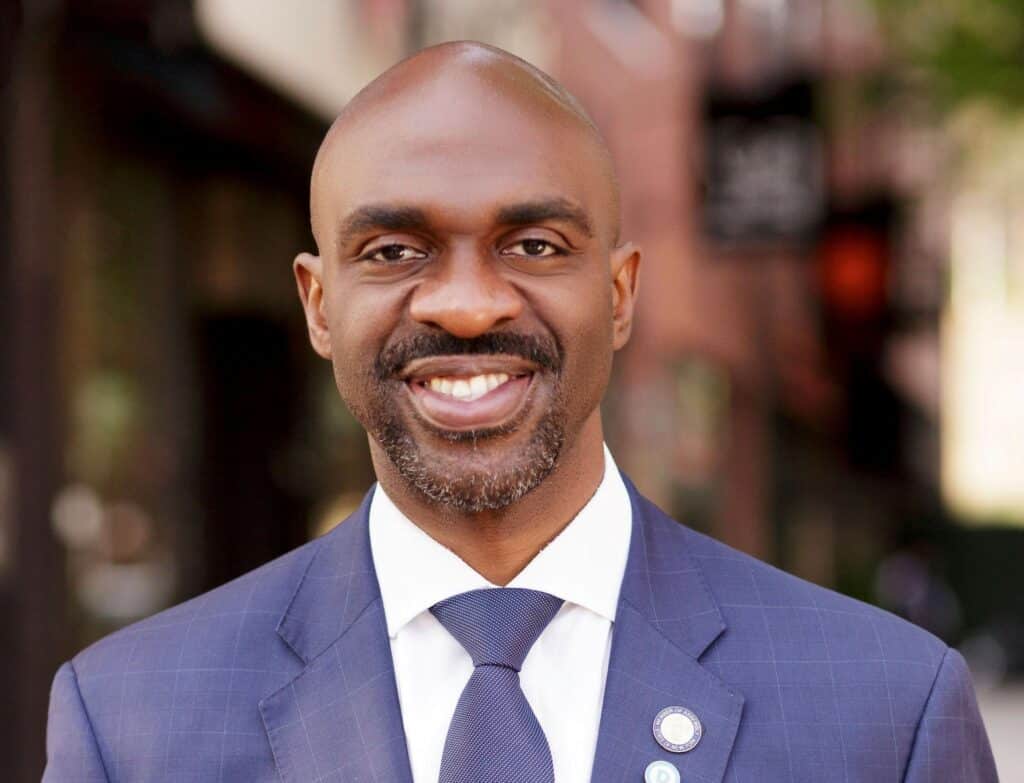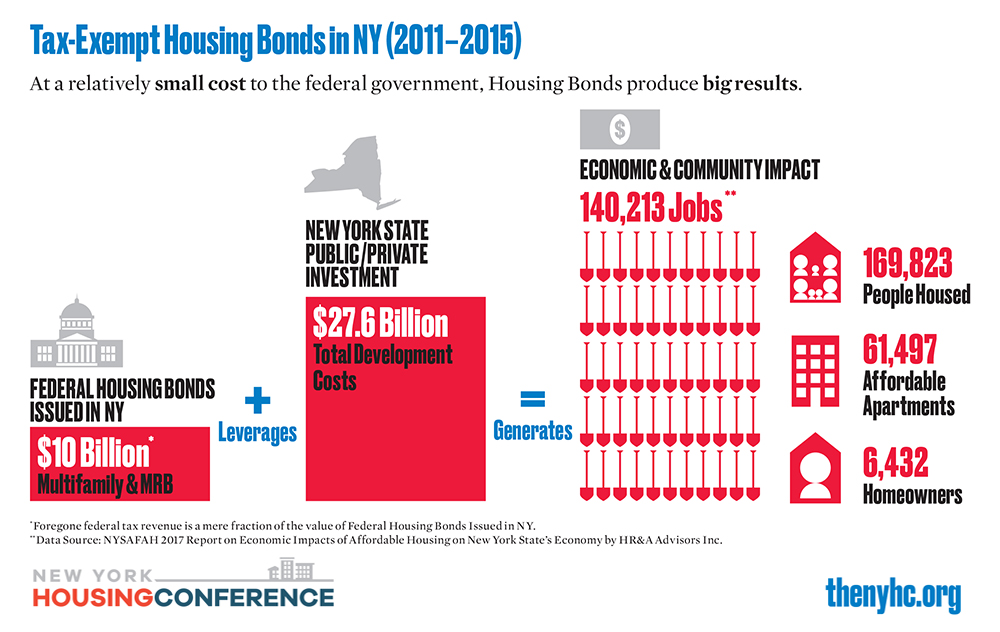
Founder and CEO of Kairos Democracy Project, former NYS Assembly member
Housing Positions and Proposals
- Credit scores will no longer be used to screen applicants for rental housing or home ownership
- Replace the Area Median Income (AMI) formula with Local Median Income (LMI)
- Raise income thresholds for housing eligibility, giving more working- and middle-class families a fair chance at securing stable homes
- Launch Mitchell-Lama 2.0 — a new era of deeply affordable, middle-income housing for public sector workers and union members. Includes building 600,000 new housing units across the city
- A portion of all newly built units will be reserved for:
- Returning veterans
- Recent college graduates
- Native New Yorkers who want to come home but have been priced out
- Passing a Middle-Class Housing Tax Break to support middle-income homeowners.
- Investing in better infrastructure, such as improved lighting in public housing and unlit streets, ensuring all residents feel secure walking in their neighborhoods.
Responses to NYHC Questionnaire
What are your priorities in an affordable housing plan – including rental and homeownership?
New York City’s capital funding for housing decreases from $4.3 billion in FY2026 to $2.4 billion in FY2027 or less the following years. What are your priorities for the ten-year capital plan in terms of how much funding will you allocate annually? How will you pay for it?
My affordable housing plan prioritizes dignity, fairness, and inclusion. We must dramatically expand working and middle-class rental housing and increase pathways to homeownership. That starts with an accurate Local Median Income, ending credit scores for rentals and home ownership applications, expanding Income thresholds, taxing vacant luxury apartments to generate revenue for affordable housing programs, and preserving public housing. I will fight for rental subsidies, expand homebuyer assistance, and focus on deeply affordable housing units. Housing is a right, not a luxury, and I will ensure every New Yorker can afford to live here.
I will restore the capital plan to at least $4 billion annually and increase it as needed to meet the crisis. We will fund this through a new pied-à-terre tax on vacant luxury apartments and redirecting revenue from withheld federal funds when our city is shortchanged. I’ll also partner with state and federal leaders to unlock matching grants. We can’t afford to let housing investment shrink while our population grows. It’s time to invest boldly in homes, not excuses.
New York City’s public housing is chronically underfunded. NYCHA currently needs $78 billion in capital funding to bring housing up to good repair. What will you do to address the needs of NYCHA?
Do you support the PACT program?
Do you support the Public Housing Preservation Trust?
As a former member of the New York State Housing Committee who represented the most NYCHA tenants in the city, I will advocate for full funding of NYCHA by leveraging new revenue streams like taxing vacant luxury units and redirecting withheld federal contributions. I will also fast-track payments to NYCHA contractors to accelerate repairs and improve transparency through public reporting dashboards, NYCHA tenants deserve respect, not neglect.
I support preserving public housing but share concerns from residents about transparency and accountability in PACT. Any housing transition must prioritize tenant protections, public ownership, and long-term affordability. I will ensure all conversions include resident input, maintain permanent affordability, and provide clear oversight mechanisms. If PACT is to continue, it must be reformed with these guarantees in place. Our public housing must remain truly public, and tenants must remain empowered throughout.
Yes, I support the Public Housing Preservation Trust as a tool to access additional funding while retaining public ownership and tenant protections. However, it must be implemented with resident-led governance, transparency, and a commitment to no displacement. The Trust must center equity and racial justice while ensuring long-term affordability. If done right, it can unlock billions for NYCHA repairs and provide a real pathway to restore dignity in public housing across our city.
Homelessness in New York City is higher per capita than almost anywhere in the country and has been growing substantially. In New York City, more than 140,000 people experienced homelessness last year, a 78% increase from five years ago. What specific strategies and programs will your administration use to decrease homelessness?
Do you support expansion of CityFHEPS?
Ending homelessness is not a dream, it’s a necessity. I will implement a Guaranteed Income program to help stabilize those in need, expand Free Childcare to reduce stress on working families, and pay nonprofits as close to on time as possible so that service providers can focus on helping people, not chasing payments. I’ll expand permanent supportive housing, increase rental subsidies, and reduce shelter stays by providing immediate rehousing with wraparound services. Homelessness is solvable when we treat people with compassion and urgency.
Yes, I support expanding CityFHEPS. We must remove barriers to entry, increase voucher values to reflect market rates, and streamline the application process. I will work to end the 90-day shelter rule, ban source-of-income discrimination, and fast-track voucher issuance. Housing people faster is both the moral and the cost-effective choice. When CityFHEPS is fully funded and reformed, it can be a powerful tool in ending homelessness and stabilizing families.
In 2024, the City passed the City of Yes for Housing Opportunity to add more housing in every neighborhood. This will add 80,000 units of housing over the next 15 years. What will you do to allow for more housing supply and more equitable housing development in New York City?
How will you utilize zoning tools to address the crisis?
Will you support existing or new real estate tax incentives like 485-x?
We must build more housing in every borough and ensure that it’s affordable for working people. I will expand zoning reforms to legalize multi-family housing, especially in high-opportunity neighborhoods, while investing in infrastructure to support growth. I’ll prioritize deeply affordable and supportive housing, and tie development incentives to racial equity and displacement protections. Equity in housing means reversing decades of exclusion and building new communities rooted in justice and affordability.
I will modernize zoning to reflect today’s housing and economic needs. That includes upzoning near transit, converting underused commercial space into housing, and eliminating parking minimums that drive up costs. I’ll promote inclusionary zoning citywide and create equity zones where affordability targets are even stronger. Zoning must be a tool for integration, not segregation. We’ll align land use with our values, fairness, sustainability, and housing for all.
I will support real estate tax incentives only if they deliver guaranteed affordability, deep transparency, and community benefits. Programs like 485-x must be restructured to ensure they don’t subsidize luxury development or displace longtime residents. We’ll tie incentives to affordability at 30-60% AMI, require local hiring, and enforce penalties for noncompliance. If incentives work for the public, not just developers, I’ll support them. But I won’t rubber-stamp giveaways that don’t serve the people.
Do you support the State’s rent stabilization laws, and will you seek any changes?
What will be your priorities in appointing members of the Rent Guidelines Board?
Yes, I strongly support rent stabilization and will defend it against any rollbacks. I will push for stronger tenant protections, including vacancy reset reforms and ending preferential rent loopholes. I’ll advocate for right-to-counsel expansion and better enforcement of harassment laws. Stabilization is essential to preventing displacement and preserving affordability. As Mayor, I’ll work with Albany to expand these protections, not weaken them.
I will appoint members who understand the lived experiences of tenants, not just the interests of landlords. My appointees will be committed to fairness, data transparency, and economic justice. They will weigh the real affordability crisis facing working New Yorkers and avoid rubber-stamping increases that hurt families. The Board must be balanced, community-centered, and independent. Every decision must be rooted in equity, not politics.









